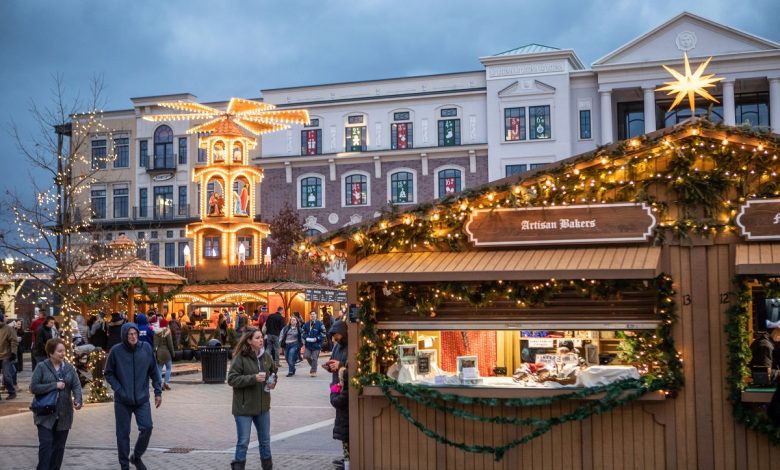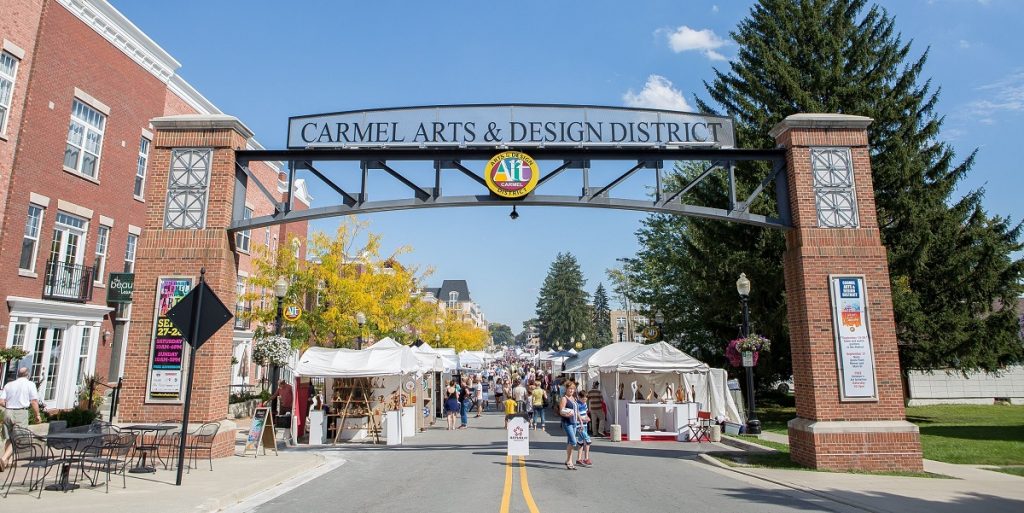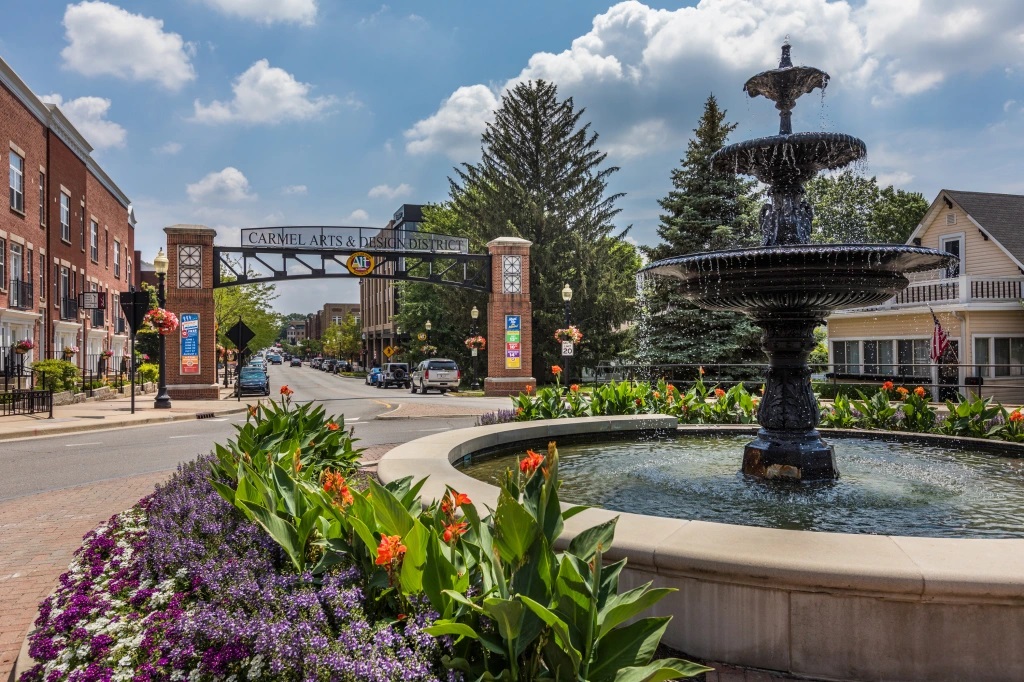Arab and Muslim Communities Flourish in Carmel, Indiana: Faith, Culture, and Growth
Once a quiet Midwestern suburb, Carmel has become a growing hub for Arab and Muslim families, blending strong community values with educational and economic opportunities.

Over the past two decades, Carmel, Indiana has transformed from a quiet suburb into a dynamic center of cultural diversity, driven in part by the steady growth of Arab and Muslim families.
A Growing Presence in the Heart of Indiana
Carmel, Indiana—known for its excellent schools, economic strength, and high quality of life—has increasingly attracted Arab and Muslim families over the past two decades. Drawn by Carmel’s safe neighborhoods, strong job market, and welcoming environment, these communities have played an active role in enriching the city’s social and cultural fabric.
According to local community leaders, Carmel’s Arab and Muslim populations include families from Lebanon, Palestine, Egypt, Syria, Iraq, Jordan, and North Africa, as well as American-born Muslims. Many have relocated from larger metropolitan areas such as Chicago, Detroit, or overseas, seeking a balanced suburban lifestyle combined with access to major cities.
Religious Life and Mosques
At the heart of the community are several mosques and Islamic centers, which serve as both religious and cultural anchors. One of the most prominent is the Al Salam Foundation and the Carmel Mosque, located near West 146th Street. This mosque has become a vital hub for Friday prayers, Quran classes, community iftars during Ramadan, and youth programs.
Smaller prayer spaces and community organizations also host cultural celebrations such as Eid al-Fitr, Eid al-Adha, and interfaith events, fostering both religious devotion and community integration.

Education and Civic Engagement
Carmel’s high-performing schools have been a major attraction for Arab and Muslim families. Many parents are involved in Parent-Teacher Associations and extracurricular programs, helping shape a multicultural learning environment.
Young Muslim and Arab students are excelling academically and increasingly participating in civic life—through student councils, debate clubs, and interfaith dialogues. Some community members have also begun to engage in local politics and business leadership, reflecting their growing presence and influence in the region.
Cultural and Economic Contributions
Beyond religious life, the Arab and Muslim communities contribute significantly to Carmel’s economy. Many own or manage small businesses—restaurants, grocery stores, medical clinics, tech companies—that provide services to the wider population. Halal restaurants and markets have become more visible, catering not only to Muslim residents but also to the city’s diverse culinary tastes.
Cultural festivals and public events often highlight Arab art, cuisine, and music, helping bridge cultural gaps and create a more inclusive community identity.
Challenges and Opportunities
While the community has flourished, members also face common challenges such as preserving cultural identity among younger generations, addressing stereotypes, and ensuring representation in local decision-making. However, through active engagement, interfaith cooperation, and education, Carmel’s Arab and Muslim communities continue to strengthen their position in the city’s evolving social landscape.

A Vibrant Future
Carmel’s reputation as one of the best small cities to live in the U.S. has made it an attractive place for Muslim and Arab families seeking stability, opportunity, and community. As the population continues to grow, their impact on the city’s religious diversity, economy, and civic life is expected to deepen in the years ahead.



